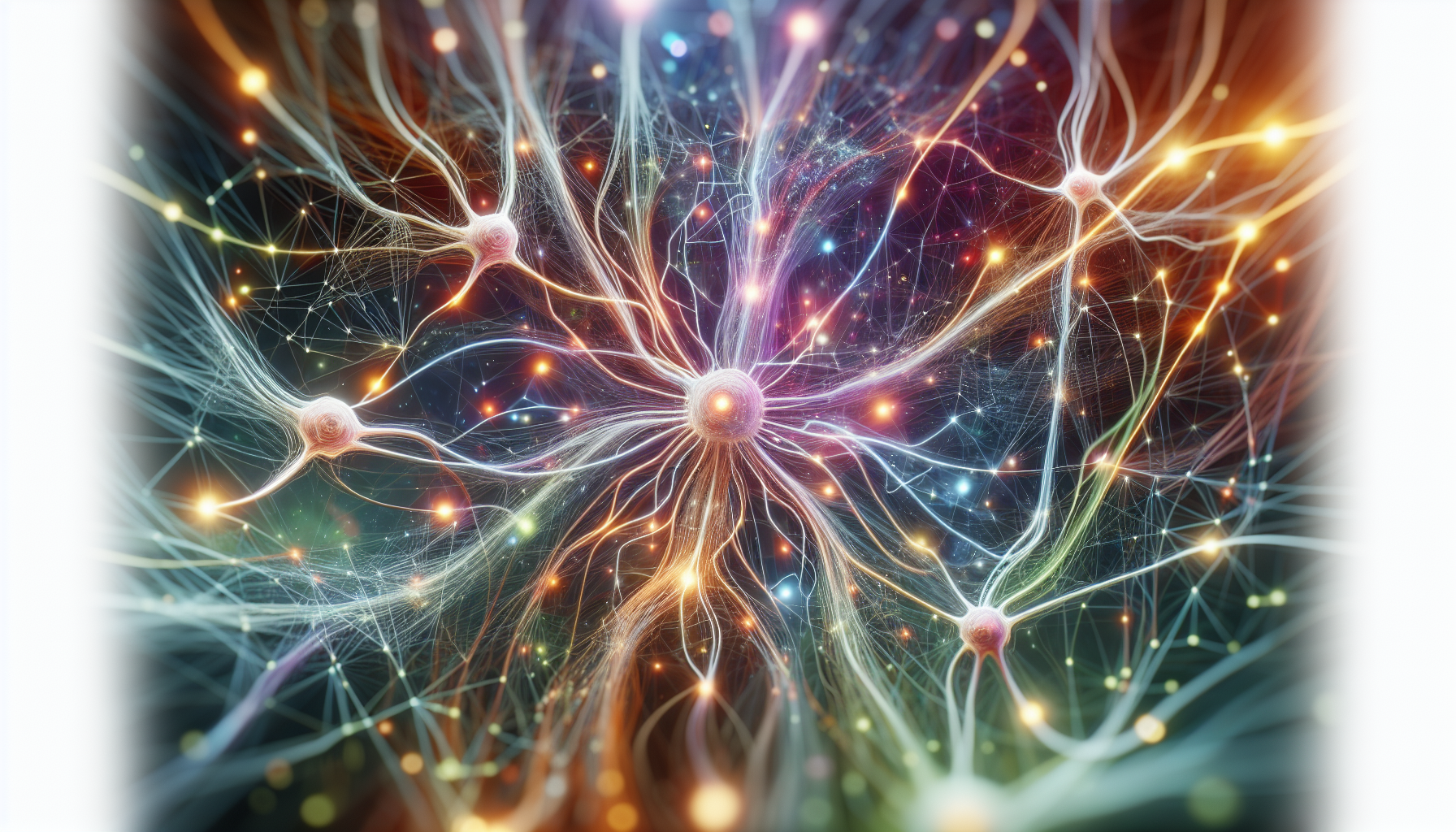The intricate dance between our genetic makeup and brain health has fascinated scientists for years. Genetics not only shape our physical appearance but also have profound implications for our mental well-being and cognitive functions. Understanding the role of genetics in brain health is key to unraveling the mysteries of mental well-being and disorders, as well as developing personalized interventions that cater to individual needs.
Unveiling the Genetic Blueprint of Brain Health
The human brain is an incredibly complex organ, governed by a multitude of genetic factors that influence everything from neural development to neurotransmitter function. Specific gene variants are known to increase the likelihood of developing neurological conditions, while others are thought to confer resilience against mental decline.
For instance, the APOE gene is one of the most well-studied genetic variants in the context of brain health. Particular alleles of this gene, such as APOE ε4, are associated with an increased risk of Alzheimer’s disease. Conversely, the presence of the APOE ε2 allele may offer some protective effects, highlighting the nuanced nature of genetic influences.
To comprehend how genetic factors impact brain health, it is essential to also consider the Brain Health framework, which encompasses the biological mechanisms that sustain cognitive function, emotional balance, and neuroplasticity.
Decoding the Relationship Between Genetics and Mental Disorders
Mental disorders often have a genetic component, with heredity playing a significant role in conditions such as schizophrenia, bipolar disorder, and depression. Studies suggest that multiple genes, each contributing a small effect, combine to increase the risk of these illnesses. However, it’s critical to recognize that genetics is only part of the story, as environmental factors also exert a significant influence.
For instance, while the heritability of schizophrenia is estimated to be around 80%, not everyone with a genetic predisposition will develop the condition. This underscores the complex interplay between genetics and environmental triggers, such as stress or substance abuse, which can affect brain chemistry and health.
To gain further insights into the genetic underpinnings of mental disorders, researchers often turn to external resources that delve into the epidemiology and therapeutic approaches of such conditions.
The Influence of Genetics on Cognitive Abilities and Personality Traits
Cognitive abilities, such as memory and attention, as well as personality traits like introversion or openness, have been linked to genetic variance. Twin and family studies indicate that genetics account for a considerable proportion of the variation in these traits among individuals.
For example, the DRD4 gene, which influences dopamine receptor function, has been associated with traits related to attention and novelty-seeking behaviors. This gene’s impact on neurotransmitter systems illustrates how genetic factors can shape our behavioral tendencies and cognitive performance.
To enrich our understanding of how genetics affect cognitive abilities, it is helpful to reference academic publications that explore the heritability of intelligence and the genetic basis of cognitive function.
The Intersection of Genetics and Lifestyle in Brain Health
While genetics lay the foundation, lifestyle factors play a pivotal role in either mitigating or exacerbating genetic risks. A heart-healthy lifestyle, for instance, can positively influence brain health, as there is a close connection between Cardiovascular Health and cognitive function.
Engaging in regular physical exercise, maintaining a balanced diet, and managing stress can all contribute to better brain health, potentially counteracting some genetic predispositions to brain disorders. In fact, studies have shown that lifestyle interventions can be particularly beneficial for individuals with high genetic risk profiles.
For a deep dive into how lifestyle choices can impact brain health, especially in the context of genetic predispositions, one can explore specialized external resources that offer comprehensive information on the subject.
Genetic Testing for Brain Health: Prospects and Challenges
The advent of genetic testing offers exciting possibilities for personalized medicine in brain health. By identifying individuals at higher risk for certain conditions, interventions can be tailored more effectively. However, this also raises ethical considerations and challenges, such as the potential for discrimination and the psychological impact of knowing one’s genetic risks.
Before pursuing genetic testing, it is important to understand the implications and limitations of the results. Genetic counseling can provide valuable guidance in this regard, helping individuals make informed decisions about their health.
To explore the current state and future prospects of genetic testing for brain health, one can refer to niche resources that specialize in genetics and personalized healthcare.
Future Directions in Genetic Research for Brain Health
Research in the field of genetics and brain health is rapidly evolving, with new discoveries offering hope for the development of targeted therapies and interventions. For instance, understanding the genetic basis of neuroplasticity could lead to novel approaches for enhancing cognitive resilience and recovery from brain injuries.
Additionally, the exploration of epigenetics, which studies how environmental factors can alter gene expression, holds great promise for uncovering how lifestyle choices can impact our genetic predispositions and brain health over time.
For an in-depth exploration of cutting-edge genetic research related to brain health, one might consult academic resources that publish the latest findings in neuroscience and genetic studies.
Linking Genetics to Other Aspects of Brain Health
The role of genetics in brain health cannot be viewed in isolation. It is part of a larger picture that includes other factors such as nutrition, exercise, and mental stimulation. For a comprehensive approach to enhancing brain function, it is beneficial to also consider insights from other relevant articles, like those discussing the Benefits of Lifelong Learning on Brain Health, the Impact of Aerobic Exercise on Cognitive Clarity and Focus, and the Effects of Mindfulness and Meditation on Brain Aging Prevention.
In conclusion, the role of genetics in brain health and mental well-being is a complex and dynamic field of study. By integrating genetic insights with lifestyle and environmental factors, we can better understand and potentially improve brain health outcomes. As we continue to uncover the genetic secrets of the brain, we open doors to personalized brain health strategies that honor the unique genetic makeup of each individual.



